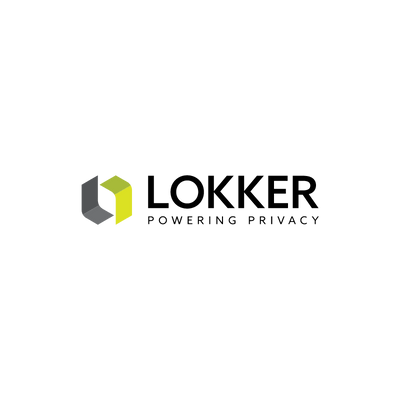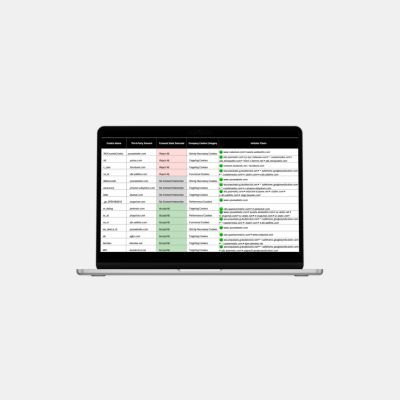Digital Marketing and Privacy: What You Need to Know

Data privacy has become a convoluted challenge for digital marketers. Digital platforms have streamlined the process of gathering data and insights at an unprecedented level. However, consumers (and governments, for that matter) are more concerned about the use of their data than ever before.
How Companies Can Comply With The My Health My Data Act

The My Health, My Data Act (MHMDA), effective in Washington state, extends privacy protections to personal health data beyond traditional healthcare settings. Companies must ensure compliance by rethinking data collection practices, expanding transparency, and gaining explicit consent for sensitive information. This includes updating privacy policies, implementing opt-out options, and safeguarding data with strong security measures. […]
LOKKER Launches New Web Privacy Risk Summary for Insurers

Provides insurers the ability to generate on-demand, real-time web privacy risk reports to share with their insureds to reduce related fines, lawsuits, and breaches REDWOOD CITY, Calif., July 23, 2024 /PRNewswire/ — LOKKER, provider of online data privacy and compliance solutions for enterprises, today released a new privacy solution for insurers: the ability to share on-demand web privacy risk […]
Online Privacy in the Age of Data Brokers

This article from Lokker CEO Ian Cohen highlights how data brokers collect, buy, and sell personal information without user consent, often resulting in privacy risks. It explains how companies use data for targeted ads and the hidden dangers this poses, such as identity theft and discrimination. The piece stresses the importance of increased regulation, user awareness, and proactive privacy tools to protect individuals’ data from being exploited by brokers in today’s digital landscape.
Are Consent Banners Really Protecting Consumer Privacy?

Cookie consent tools were created to comply with privacy laws like GDPR and CCPA by obtaining user permission before data sharing. However, recent research reveals that many of these tools are malfunctioning. Issues include cookies loading before consent, missing banners on certain pages, and outdated information.
Three New Privacy Laws Go Into Effect, Including Texas and Oregon

Below are summaries of 3 new privacy laws in the news this week. The first two in Texas and Oregon are going into effect soon – on July 1, 2024. However, enforcement comes later. Read more.
LOKKER Unveils Consent Verification

LOKKER, provider of online data privacy and compliance solutions for enterprises, today released Consent Verification, a new tool in LOKKER’s Privacy Edge Platform that gives businesses a simple way to check whether their consent banners are properly configured and working correctly.
What’s Behind the Surge of Wiretapping Lawsuits?

The surge in lawsuits against companies due to third-party data collection on their websites comes from the growing concern over online privacy and data protection. Some attorneys see this as a new opportunity to provide their services. These lawsuits are often filed under wiretapping statutes, such as the federal Wiretap Act and state equivalents, which prohibit the interception of electronic communications without consent.
Consent Banner Compliance: Is Your Website’s Consent Banner Meeting Privacy Regulations?

We’re thrilled to introduce a new feature on our Privacy Edge platform: consent verification. We recently published a research report and uncovered something quite striking: over 90% of websites load cookies before any interaction with the consent banner (like accepting or rejecting all cookies), with an average of 18 third-party cookies loading before any interaction occurs.
Ian Cohen, CEO of Lokker, Discusses the Latest Online Tracking Concerns on the Healthcare Info Security Podcast

Despite a slight decrease in the past year, nearly one in three healthcare firms still utilize technologies like Meta Pixel, despite regulators’ warnings about privacy infringements. These trackers enable companies to gather and distribute individuals’ sensitive health data to advertisers and marketers, sparking significant privacy apprehensions.

